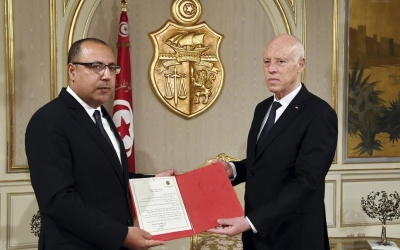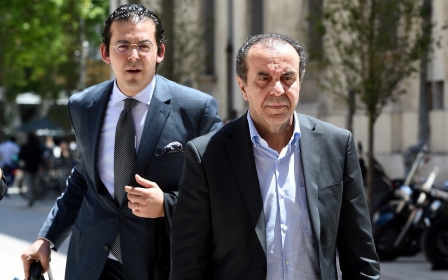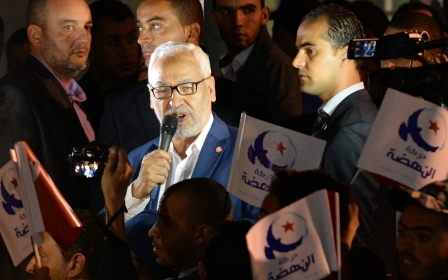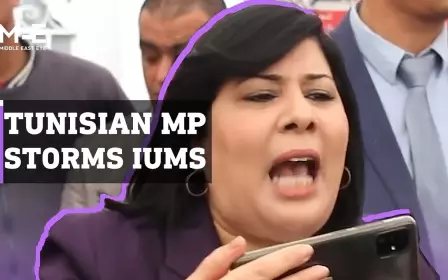Tunisian president draws security powers into dispute with PM
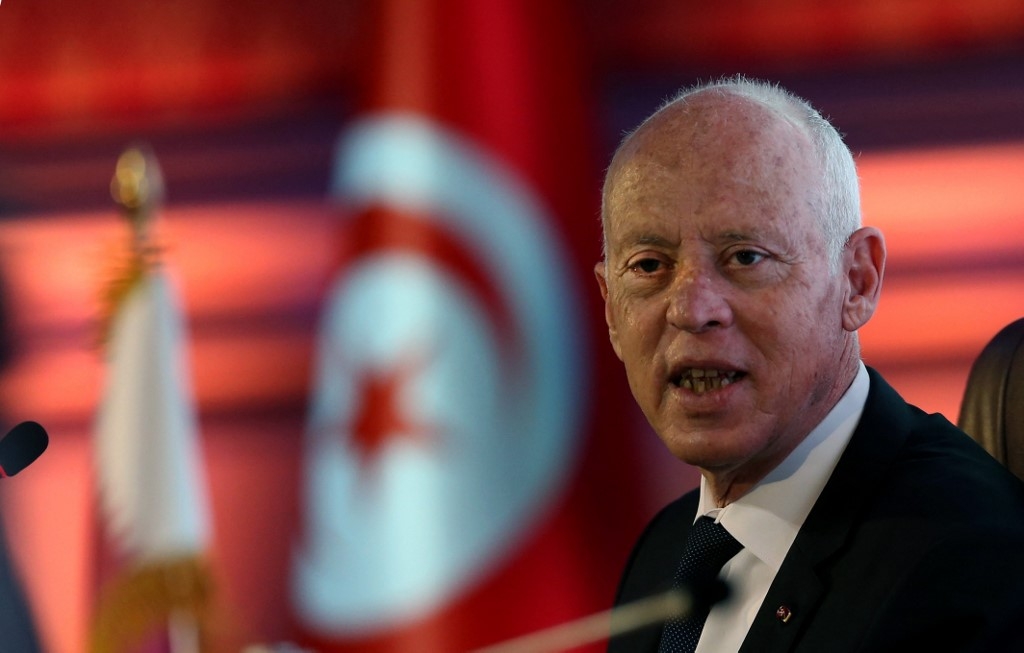
Tunisian President Kais Saied said on Sunday that his powers as commander of the armed forces also covered the internal security forces, not only the army, in the latest escalation of his dispute with the prime minister.
Saied's comments threatened to draw the sensitive Interior Ministry into the political arena and potentially divide the security establishment, as Tunisia's young democracy grapples with a coronavirus-induced slump as well as militant Islamists.
Tunisia's 2014 constitution has until now been widely interpreted as putting the internal security forces and the Interior Ministry under the control of the prime minister.
"The president is the supreme commander of the military and civilian armed forces. Let this matter be clear to all Tunisians … I do not intend to monopolise these forces, but the constitution must be respected," Saied said, in a speech attended by his political adversaries, the speaker of parliament and the prime minister.
Saied is a professor of constitutional law whose surprise election victory in 2019 has rattled Tunisian politics.
The dispute erupted when Saied refused this year to approve a reshuffle that included the dismissal of ministers close to him, including the interior minister, Taoufik Charfeddine.
Since then, Prime Minister Hichem Mechichi has held the position of acting interior minister.
Mechichi responded to Saied's speech by saying: "There is no need for individual, odd readings which, moreover, are taken out of context."
Tunisia was meant to establish a constitutional court to adjudicate such disputes by 2015, but politicians have been unable to agree on the names of the judges to sit on it.
Middle East Eye delivers independent and unrivalled coverage and analysis of the Middle East, North Africa and beyond. To learn more about republishing this content and the associated fees, please fill out this form. More about MEE can be found here.


